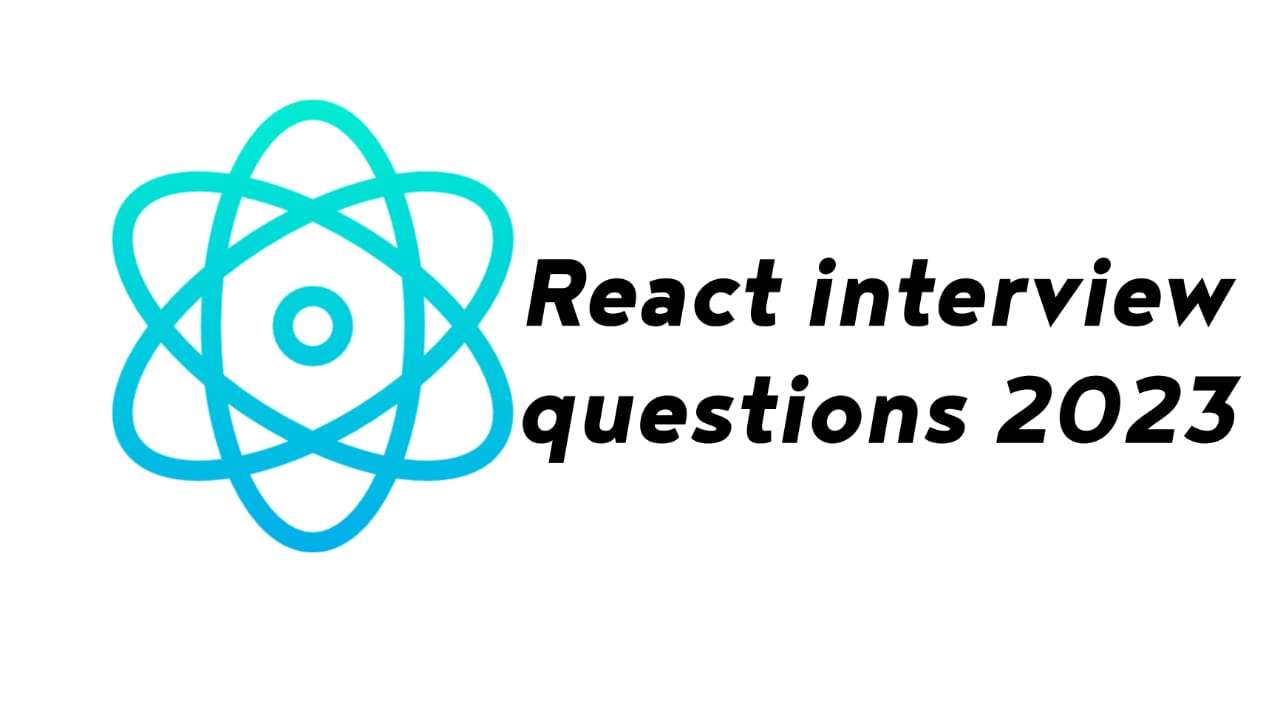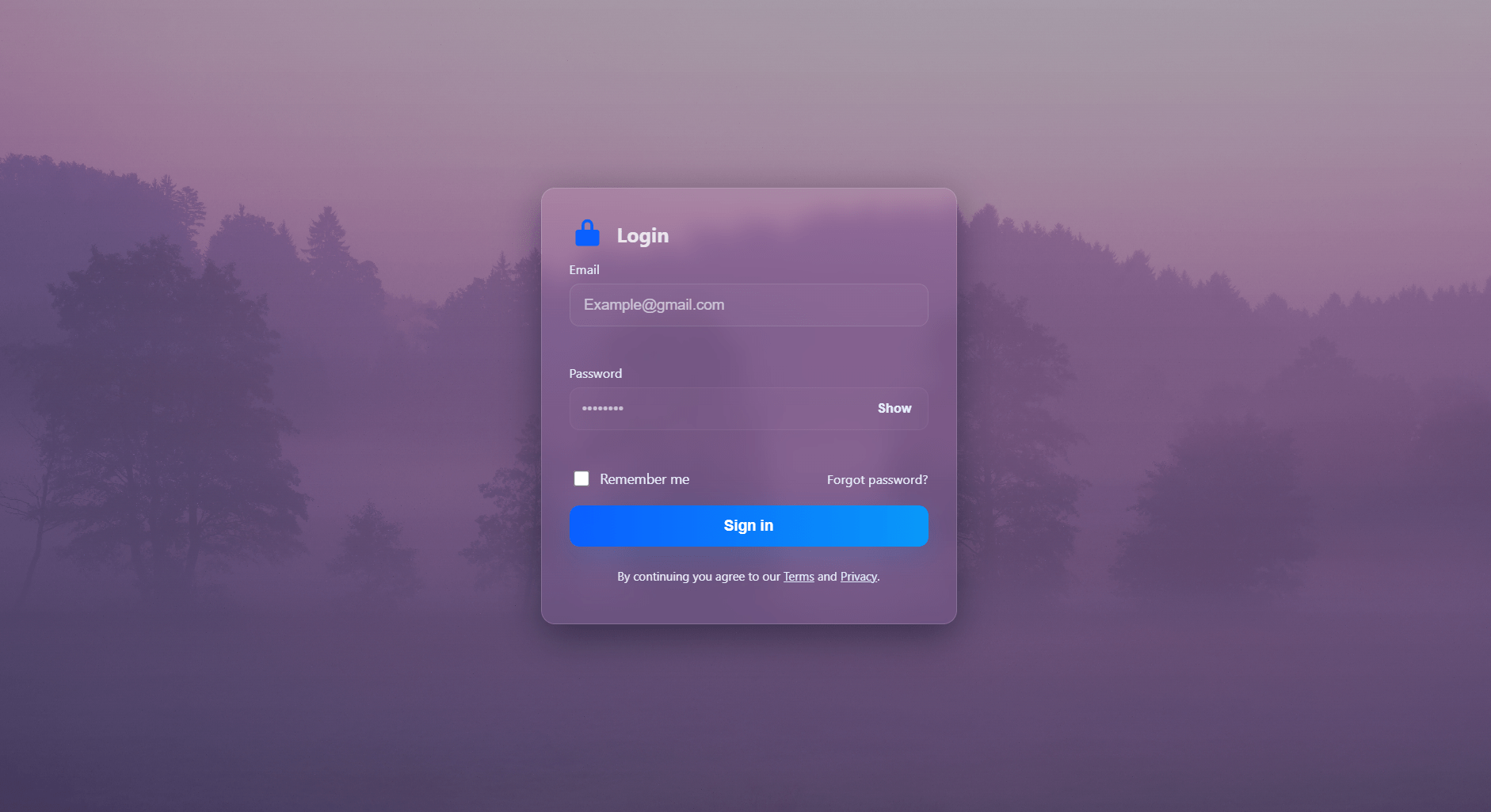Q1) React Fragments:
React Fragments group elements without adding unnecessary nodes to the DOM, ideal for a clean JSX structure without extra parent divs.
Q2) React Hooks:
Specialized functions enabling state and advanced React features in functional components, surpassing class component limitations.
Q3) useEffect Hook:
Manages side effects in functional components, executing after each render for tasks like data fetching and DOM manipulations.
Q4) Keys in React list:
Optimize rendering by identifying list changes, additions, or removals without a full re-render.
Q5) Context API in React:
Efficiently passes data through the component tree, enhancing state or value sharing among components.
Q6) Prop drilling in React and Solution:
Address prop drilling with solutions like the Context API or Redux, enabling global state management.
Q7) PureComponent in React:
Foundational class preventing unnecessary renders, optimizing performance with selective updates.
Q8) React Router:
Standard library for seamless routing in React applications, enabling navigation without a full page reload.
Q9) React.memo function:
Optimizes functional components by memorizing results, preventing unnecessary re-renders with prop change comparisons.
Q10) Higher-order components in React:
Functions enhancing components for code reuse, commonly used for state management, authentication, and prop manipulation. Enhances modularity and maintainability.





